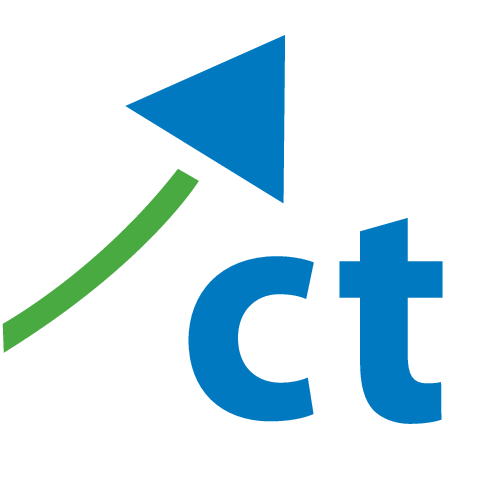
Adopted 2021 Budget prioritizes safety and increased outreach
Community Transit's new budget includes the continued funding of nightly disinfecting of buses and other safety measures
Snohomish County, Wash. – Community Transit’s 2021 Budget will continue to prioritize safe travel for Snohomish County residents and includes an increase of approximately 4,000 hours of new service in 2021, a more moderate expansion than in previous years.
The modest service increase corresponds with the “Slow Recovery” economic projection described in the agency’s 2020-2025 Transit Development Plan (TDP). It also follows a recession-related service reduction in 2020 as transit ridership and revenues fell due to the COVID-19 pandemic.
The new budget will continue to prioritize the health and safety of riders, employees, and their families. The transit agency has put in place many additional safety measures on vehicles and at bases to ensure a safe ride and a safe working environment for its employees. The 2021 budget will continue to fund nightly disinfecting of buses and thorough cleaning of the agency’s operating bases, as well as providing personal protective equipment for employees.
Funding will go towards:
- Equitable and Safe Access: The agency will increase focus on ensuring it is providing equitable access to Community Transit services. As part of the agency’s commitment to the communities it serves, the 2021 Budget funds expanded public engagement and customer research programs, including employing an on-board survey to support federal Title VI and system planning requirements, as well as implementing additional real-time “pulse” surveys to understand current barriers to transit for both riders and non-riders. The expanded public engagement program will aid in understanding impacts of the COVID-19 pandemic as well as any other established barriers to transit access. Community Transit will continue to partner with local and national health authorities, regional transit partners, and the national transit industry to ensure the agency is meeting or exceeding public health guidance and collaborating on best practices.
- Service and Workforce: The 2021 budget funds 578,000 total hours of bus and paratransit service. The 2021 budget assumes that only a minimal number of coach operator trainees will be required, mainly to account for normal turnover. While a formal hiring freeze is not in effect, only unique positions that are necessary for operations will be filled.
- Base Expansion: The budget will fund continued work on the base expansion project, including the renovation of the agency’s Kasch Park Casino Road building. This expansion is necessary to address current capacity needs in the maintenance and operations facilities and to plan for future vehicle expansion when the Swift Orange Line opens in 2024. Design work will continue on other agency buildings as well as the beginning of construction on the Merrill Creek Operating Base Maintenance and Body Shops.
- Replacement Buses: The agency will purchase 21 new vehicles, all of which are replacement vehicles. Those include eight 60-foot replacement buses and 13 replacement DART (Dial-A-Ride Transportation) paratransit buses.
- High Capacity Transit Network: Planning and development of the Swift network continues with Orange Line design work scheduled to be completed first quarter of 2021 and construction beginning later in the year. In 2021, the agency will also begin design and engineering for Phase 1 of the Swift Blue Line expansion project, connecting the Blue Line to Link light rail at the Shoreline/185th Station in 2024.
The final adopted budget is posted at www.communitytransit.org/budget.
Community Transit is responsible for providing bus and paratransit service, vanpool and alternative commute options in Snohomish County. The agency is building a network of Swift bus rapid transit lines with Swift Blue Line along Highway 99, the Swift Green Line between Canyon Park/Bothell and Boeing/Paine Field, and the new Swift Orange Line coming to Mill Creek and Lynnwood in 2024.
